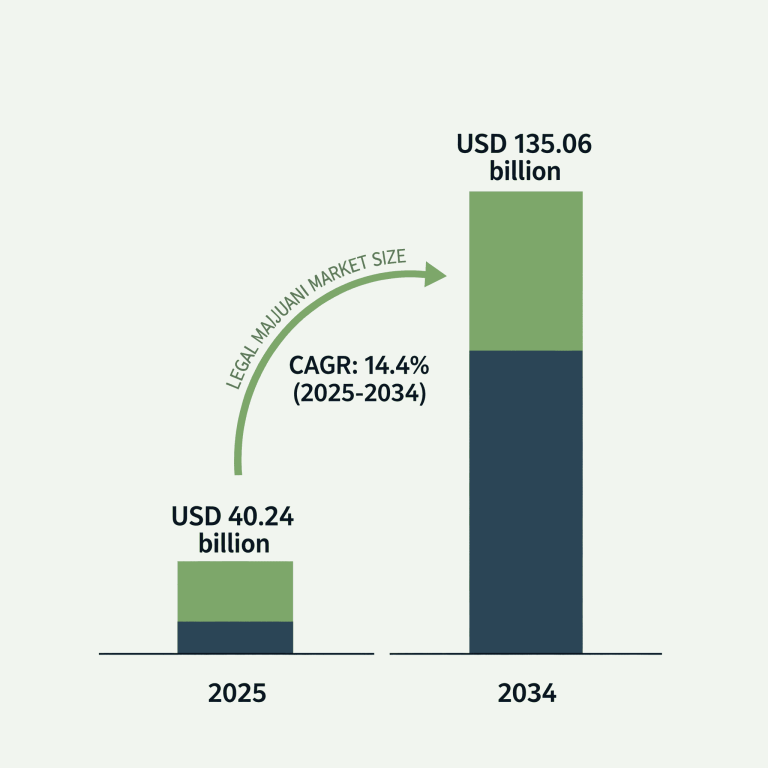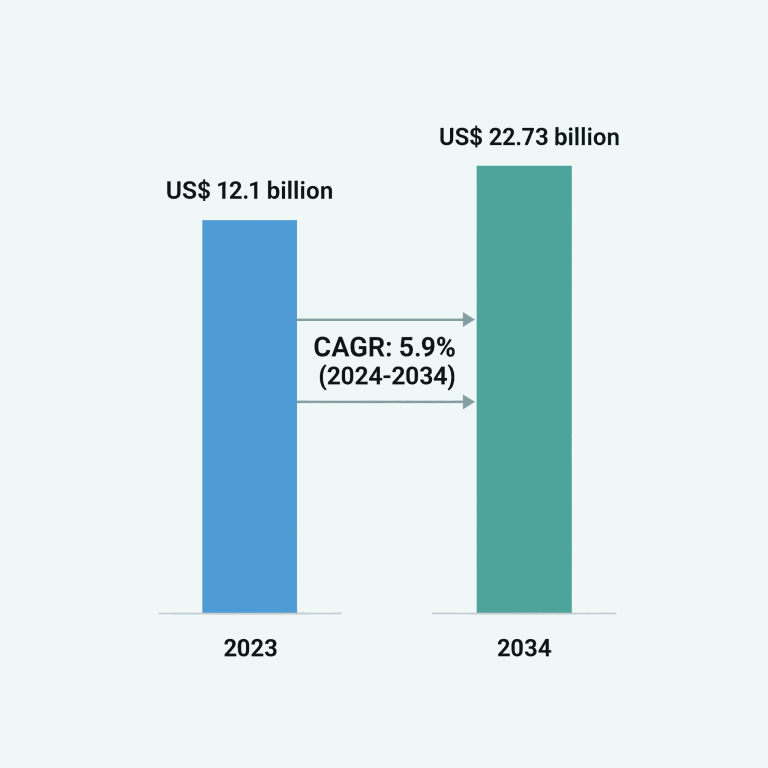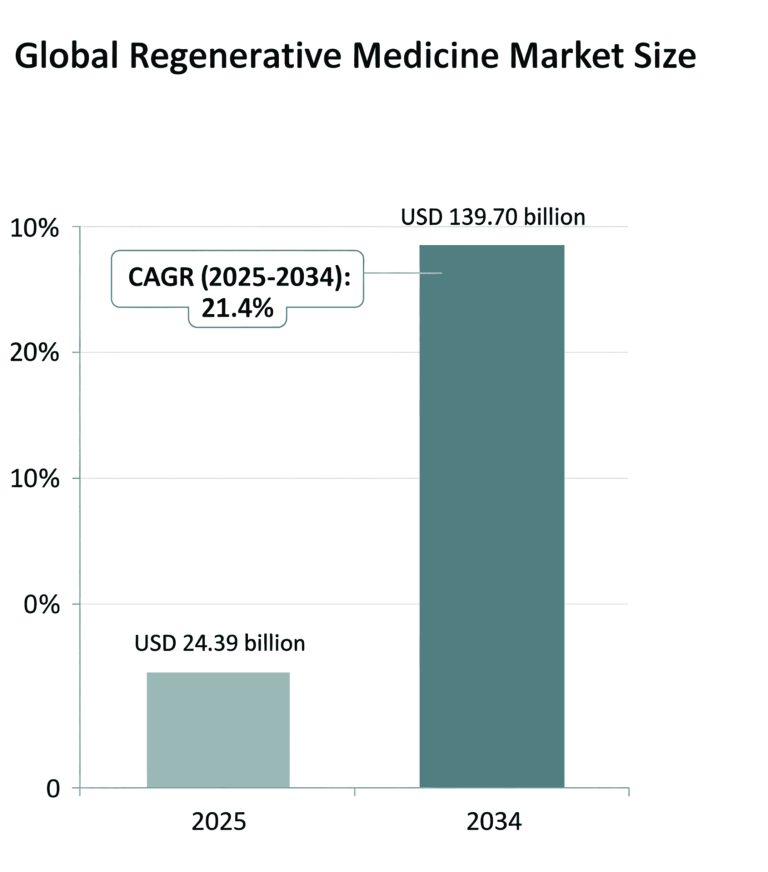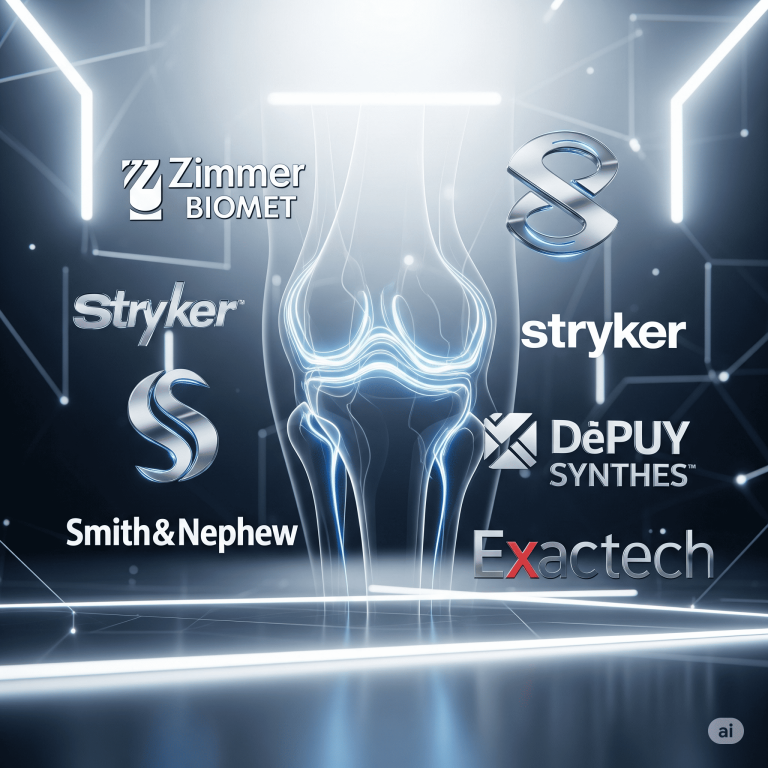
The global cell encapsulation market is witnessing remarkable growth, with revenues expected to surge to several hundred million dollars between 2025 and 2034. This dynamic expansion is driven by the increasing demand for advanced treatment solutions, a shift toward personalized medicine, and major strides in cell-based therapeutics and biomaterial innovation.
Market Overview
Cell encapsulation refers to a technology used to enclose living cells within a semi-permeable membrane, allowing the exchange of nutrients, oxygen, and therapeutic molecules while protecting the encapsulated cells from the host’s immune response. This promising technology is increasingly used in regenerative medicine and drug delivery systems.
Invest in Our Premium Strategic Solution: https://www.towardshealthcare.com/download-databook/5759
Key Market Drivers
Advancing Cellular Therapeutics and Chronic Disease Management
The rising prevalence of chronic diseases such as diabetes, cancer, and autoimmune disorders is a significant factor propelling the market. Cell encapsulation offers a novel and effective alternative for delivering therapeutic agents. Its ability to provide a controlled and targeted release mechanism is particularly advantageous in diseases requiring precision intervention.
Customized Medicine and Biomaterials Innovation
As personalized medicine gains traction, the need for controlled delivery systems is expanding. The development of innovative biomaterials, particularly natural and synthetic polymers, supports this trend by enabling more stable and effective encapsulation systems.
Key Takeaways from 2024 Performance
-
North America led the global cell encapsulation market.
-
Asia Pacific is projected to register the fastest growth rate through 2034.
-
The natural polymers segment dominated the market, though synthetic polymers are anticipated to grow rapidly.
-
Microencapsulation was the leading encapsulation method, while nanoencapsulation is gaining momentum.
-
Drug delivery was the top application in 2024, with regenerative medicine emerging as the fastest-growing segment.
-
Extrusion technology was dominant, while Layer-by-Layer (LbL) coating is expected to rise sharply.
-
Among end-users, biotech and pharmaceutical firms held the largest share, while academic and research institutes are forecast to grow swiftly.
Get All the Details in Our Solutions – Access Report Preview: https://www.towardshealthcare.com/download-sample/5759
Industry Trends and Notable Developments
Recent Investments and Partnerships
-
In May 2025, TreeFrog Therapeutics secured €30 million in funding from the European Investment Bank to advance its Parkinson’s disease cell therapy program.
-
Atelerix, a Newcastle University spinout, raised €894,000 in January 2025 to support its hydrogel innovations for biosample transport, bringing its total funding to €1.4 million.
Artificial Intelligence Pushing the Frontier
Artificial intelligence is transforming the cell encapsulation landscape by streamlining encapsulation processes, optimizing microfluidic systems, and predicting biological activity. AI integration is enhancing personalization and precision in cell-based therapies, particularly in regenerative medicine and drug administration.
Market Dynamics
Major Growth Driver: Demand for Cell Therapy
Traditional drug delivery often falls short in treating complex diseases. Microencapsulation enhances the efficacy and viability of cell therapies, especially for conditions like diabetes, by enabling precise metabolite control and prolonged therapeutic action.
If you have any questions, please feel free to contact us at sales@towardshealthcare.com
Restraint: High Production Costs
The cost of developing and manufacturing microcapsules remains a challenge. Advanced encapsulation systems must be energy-efficient, sustainable, and cost-effective, aligning with global environmental and economic goals.
Opportunity: Expanding Live Cell Applications
The increasing application of live cell encapsulation in therapies for chronic illnesses presents substantial growth opportunities. The global diabetes burden, in particular, is likely to drive demand for encapsulated cell-based treatments.
Segment Insights
Natural Polymers Lead the Market
Natural polymers dominated in 2024 due to their excellent biocompatibility, biodegradability, and low toxicity. These polymers are derived from biological sources, making them ideal for cell-based therapeutic applications.
Synthetic Polymers Poised for Rapid Growth
Synthetic polymers like PEG and polyacrylates offer greater flexibility in design and performance. Their mechanical stability, ease of modification, and predictable behavior make them attractive for advanced encapsulation techniques.
Regional Insights
North America: Market Leader in 2024
North America’s leadership is driven by supportive regulatory frameworks, robust R&D investments, and the presence of pioneering companies. The region’s strong focus on drug discovery, particularly in the U.S., has accelerated innovation in live cell encapsulation techniques.
United States: A Hub for Regenerative Medicine
With over 104,000 people on organ transplant waiting lists, the U.S. is embracing regenerative medicine. The promise of cell encapsulation to restore damaged tissues and organs is fueling both academic and commercial research.
Canada: Major Government Investment
In June 2025, Canada’s Stem Cell Network invested $13.5 million in regenerative medicine projects. Supported by $19.5 million in matched funds, this initiative is advancing research in diseases including cystic fibrosis and Rett syndrome.
Latest Industry Announcements
-
March 2025: Lisa Stehno-Bittel, co-founder of Likarda, announced the use of their CSS technology in encapsulating over 20 cell types. This innovation could significantly improve public health globally.
-
March 2025: The FDA approved Encelto (NT-501) by Neurotech Pharmaceuticals, a cell encapsulation therapy for macular telangiectasia type 2.
-
August 2024: Evonik partnered with KNAUER to enhance LNP formulation scaling, shortening pre-clinical development timelines for encapsulated therapies.
Conclusion
The cell encapsulation market is poised for transformative growth through 2034, supported by the increasing demand for novel therapeutics, rising chronic disease burden, and continued innovation in materials and AI integration. With significant investment flowing into research and commercialization, the future of cell encapsulation technologies looks robust and promising across both established and emerging markets.
Source : https://www.towardshealthcare.com/insights/cell-encapsulation-market-sizing






